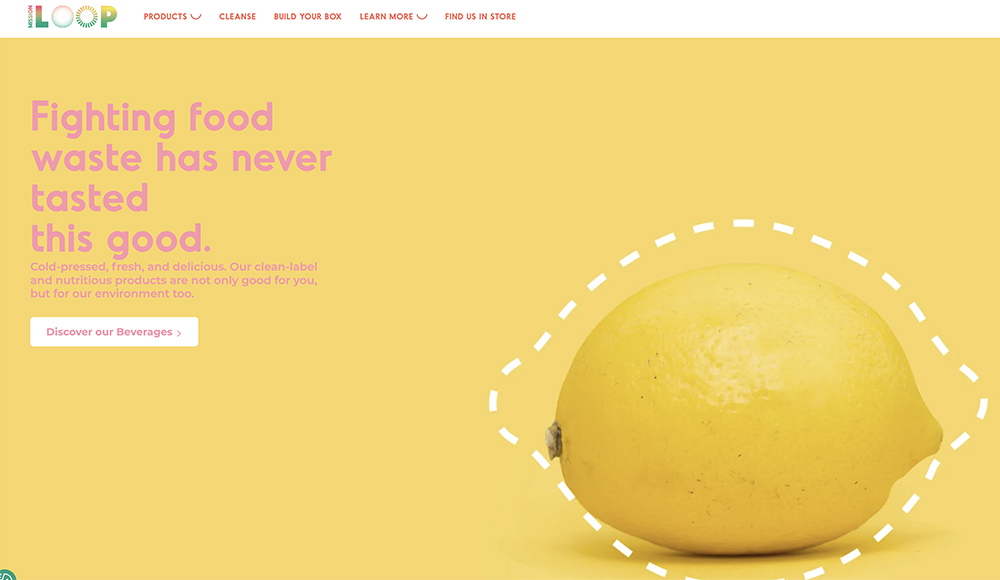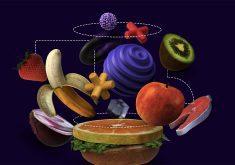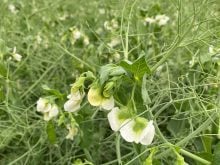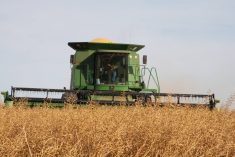REGINA — Two Montreal companies have won the business stream of the federal government’s Food Waste Reduction Challenge.
LOOP Mission and Still Good came out on top after 343 applicants were whittled down to 24 semi-finalists and then 10 semi-finalists. The challenge was launched in November 2020 as part of Canada’s food policy and also includes a novel technologies stream.
Agriculture minister Lawrence MacAulay announced the winners March 20.
Read Also

Crop quality looks good this year across Prairies
Crop quality looks real good this year, with the exception of durum.
Experts estimate about 58 per cent of Canada’s annual food supply is wasted or lost.
The business model stream was for companies ready to commercialize ways to prevent or divert food waste at any point in the food chain, while novel technologies are at the prototype or testing phase to either extend perishable food life or transform surplus food.
Both business winners intend to encourage more processors to use their models.
Each receives up to $1.5 million.
LOOP Mission is a circular economy company that creates products such as powder, purees and juices from fruits and vegetables that would be wasted. It developed LOOP Synergies, a line of ingredients, which processors can integrate into their products.
Julie Poitras-Saulnier, co-founder and chief executive officer, said the award would help LOOP Mission multiply its impact.
“LOOP Mission is well aware of the scale of food waste in Canada, which is why we have created a collaborative movement to mobilize the food industry in support of food waste reduction,” she said in a statement.
“Thanks to this award, we will be able to intensify our efforts and continue to innovate by developing revalorized ingredients that can be adapted to meet the needs of the industry.”
Still Good uses an approach called eco-valuation to transform nutrient-rich byproducts into new food products. In its case, Still Good takes spent brewers’ grain from local microbreweries and turns it into flour that is high in protein, fibre and essential minerals.
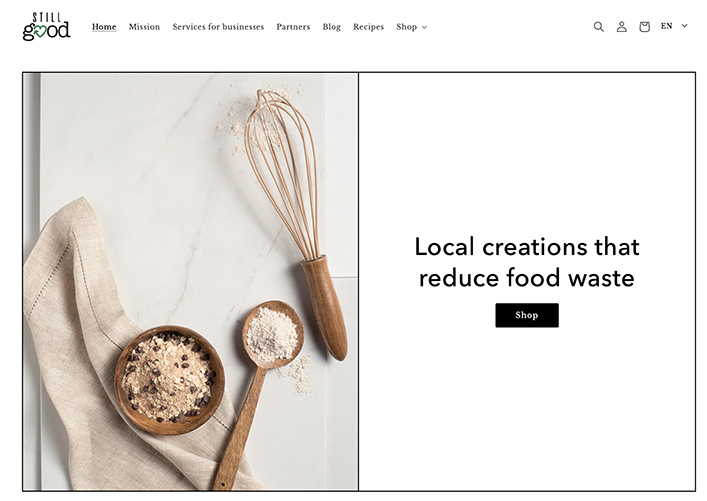
Co-founder and CEO Jonathan Rodrigue said the recognition “will certainly enable us to promote the countless opportunities available to catalyze the creation of innovative projects aimed at transforming food residues, helping companies achieve their ESG objectives and consolidating our research and development efforts.”
An external review committee helped select the winners. Entries were evaluated against set criteria, including how much waste they could potentially reduce, innovation and scalability.
The two grand prize winners in the novel technology stream will be announced later this spring.




